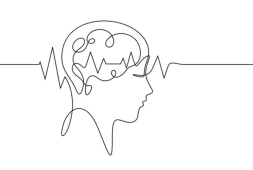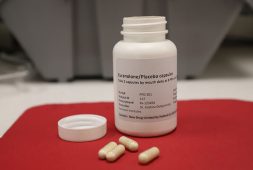
A recent study conducted by scientists from three universities—Northwestern Medicine, Vanderbilt University Medical Center, and the University of Alabama—revealed that even individuals already using blood pressure medication can achieve further reductions by limiting their salt intake. The research, involving American participants, demonstrated that a reduction of just one teaspoon of salt daily led to a systolic blood pressure decline comparable to the effects of medication.
This highlights the preventive impact of salt reduction, suggesting that it can be as effective, if not more so, than relying solely on medications. Moreover, this study is the first of its kind to demonstrate that individuals already on blood pressure drugs can experience additional benefits by moderating their salt consumption.
“We found that 70 to 75 percent of all people, regardless of whether they are already on blood pressure medications or not, are likely to see a reduction in their blood pressure if they lower the sodium in their diet,” said Professor Norrina Allen of Northwestern University, a co-principal investigator on the study who added that they didn’t know beforehand if those who have currently been taking blood pressure medication could lower it further by doing this same thing.
This extensive investigation ranks among the largest studies examining the impact of salt reduction in the diet on blood pressure, encompassing individuals diagnosed with high blood pressure, commonly known as hypertension, and those already undergoing medication. Conducted as a randomized controlled trial, the gold standard in research, it posed challenges typical of dietary interventions.
Professor Allen highlighted that the American Heart Association (AHA) recommends a daily sodium intake of less than 1,500 milligrams. The study was specifically designed to further reduce this recommended level.
“High blood pressure can lead to heart failure, heart attacks, and strokes because it puts extra pressure on your arteries. It affects the heart’s ability to work effectively and pump blood,” said Allen’s colleague Deepak Gupta. He is an associate professor of medicine and director of the Vanderbilt Translational and Clinical Cardiovascular Research Center.
Simply sprinkling table salt on your meals isn’t an effective method to achieve desired outcomes, particularly when balanced with regular exercise. The majority of risks associated with elevated sodium intake stem from the concealed presence of salt in packaged and processed foods.
Individuals in their 50s, 60s, and 70s from Birmingham, Alabama, and Chicago were assigned to either a high-sodium diet (2,200 mg per day in addition to their regular diet) or a low-sodium diet (500 mg total per day) for one week. After this period, they switched to the opposite diet for another week.
In preparation for each study visit, participants, numbering 213, utilized blood pressure monitors and collected their urine for 24 hours. The results indicated a “significant reduction” in systolic blood pressure when participants followed the low-sodium diet compared to the high-sodium diet.
“Just as any physical activity is better than none for most people, any sodium reduction from the current usual diet is likely better than none for most people with regards to blood pressure,” Professor Gupta said.
The research team found that reducing dietary salt led to a rapid and safe decrease in blood pressure within just one week. This is a significant strength of the study, as it allows individuals seeking to lower their blood pressure to promptly make informed consumer choices.



